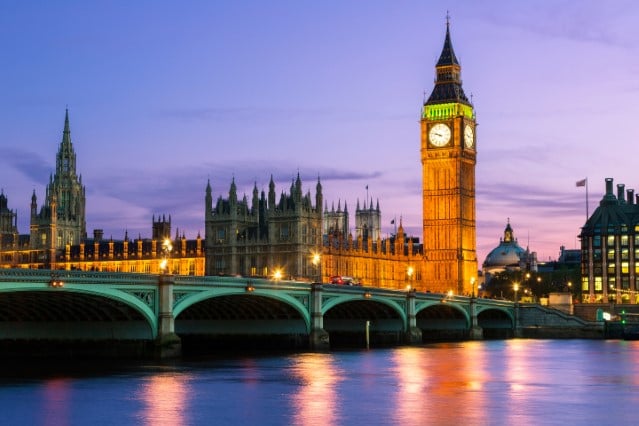Draft Terms of Reference were published on 10 March for the COVID-19 public inquiry, chaired by Baroness Hallett (see here ). A consultation on the Terms of Reference is open until 7 April 2022. Scope of the inquiry Based on the draft Terms of Reference, the inquiry will: examine the COVID-19 response and the impact of the pandemic, and produce a factual narrative account; and identify the lessons to be learned to inform the UK’s…
On 12 January 2022, the High Court of Justice (“High Court”) handed down its judgment in the challenges to the Government’s award of contracts for personal protective equipment (PPE) during the early months of the COVID-19 pandemic.[i] The Court ruled that it was unlawful for those suppliers referred by Ministers, MPs and other senior officials to be afforded favourable treatment, by being allocated to a so-called ‘VIP lane’. Notwithstanding this, the Court did not find…
The expansion of opt-out class actions in the UK continues with certification of claims aimed at recovering for alleged systemic abuses of dominance across the south east and west rail networks. The judgment reinforces that certification will be viewed as only a first step in class litigation in the UK – as opposed to the immediate precursor to settlement that it can signify in the US and Canada – and reinforces the likelihood that claimant…
The UK Competition Appeal Tribunal (CAT or “Tribunal”) has certified the first opt-out collective action since the UK class actions regime was introduced in 2015. The application had been dismissed on first consideration but after a series of appeals that went all the way to the Supreme Court, Walter Merricks CBE has been granted a Collective Proceedings Order (CPO) in his GBP 14 billion claim on interchange fees. The size and complexity of the claims…
In brief ESG is an acronym for environment, social and (corporate) governance – factors considered originally (and separately) to be a measure of an organisation’s corporate social responsibility, and which are becoming increasingly important in determining its financial and general success. ESG encapsulates a broad range of issues including (but by no means limited to) sustainability, corporate ethics, human rights, social good, climate change and corporate culture. Why is ESG important? The broadness of the…
ESG (environment, social and corporate governance) issues, including human rights, have increasingly become a board level concern as the trend towards stakeholder capitalism and regulatory intervention on the topic has grown. Actions to impose statutory responsibilities on directors, to introduce programmes on specific issues (such as forced labour and conflict minerals), to mandate disclosure and transparency, and to threaten the corporate licence to operate through sanctions or restrictions on procurement, have all contributed to an…
Brian Hengesbaugh and Partner Paul Glass dissect the recent guidance issued by the ICO in response to the SoldWinds cyber attack.
The UK Supreme Court gave its judgment in Mastercard Incorporated and others (Appellants) v Walter Hugh Merricks CBE (Respondent) [UKSC 2019/0118] on 11 December 2020. It confirmed the decision made by the Court of Appeal that a representative applying for certification of a class must show that they have a method with a realistic prospect of assessing loss across the whole class and that the data required to apply that methodology is likely to be…
Following the European Commission’s decision in February 2018 to fine shipping companies EUR 395 million, consumer rights champion Mark McLaren has launched a class action in the UK Competition Appeal Tribunal (the “Tribunal”).[1] The European Commission found that maritime car carriers fixed prices, rigged bids and allocated the market for roll-on, roll-off (“RoRo”) transport of vehicles. Estimated to be worth £150 million, the follow-on class action is brought on behalf of all persons who purchased…
On 4 March 2020, the UK Competition Appeal Tribunal (the “Tribunal”) handed down a significant judgment in the UK’s follow-on Trucks cartel litigation, in which it determined those parts of the European Commission (“Commission”) settlement decision that are binding in establishing liability.[1] The Tribunal also considered whether it can be an ‘abuse of process'[2] for defendants to contest facts previously admitted in their settlement with the Commission. Which parts of the Commission decision are binding?…








